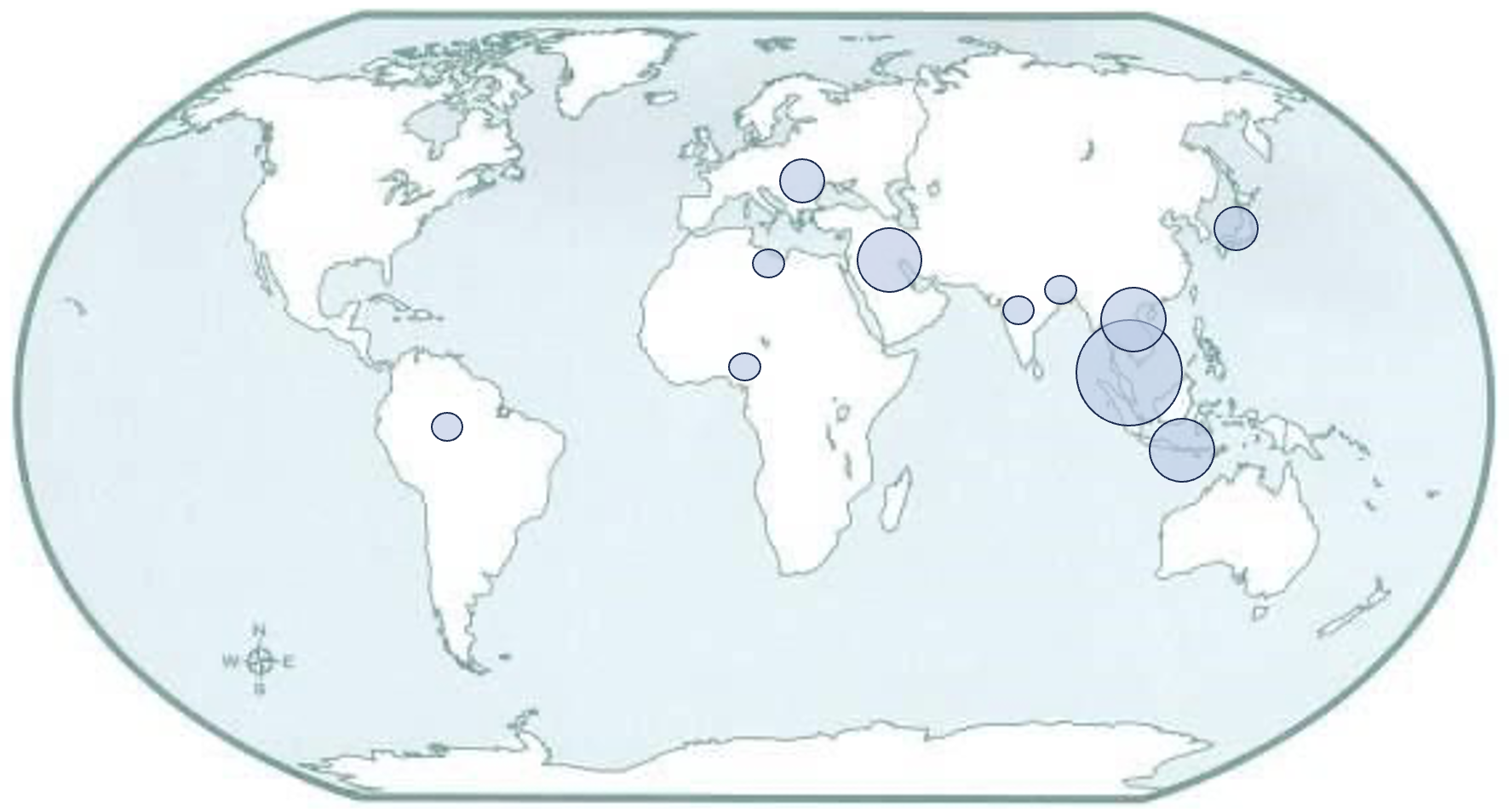THE PUBLISHER
"SHARE YOUR KNOWLEDGE FOR A BETTER TOMORROW"
Knowledge has power, but it's much more powerful when it is shared
Journal Policy on the Use of Artificial Intelligence (AI)
This policy outlines the journal’s stance on the use of Artificial Intelligence (AI), including Generative AI (GenAI) and Large Language Models (LLMs), in research and publication. It aims to guide authors, reviewers, and editors to ensure transparency, ethical compliance, and academic integrity.
While AI technologies may assist with aspects of research—such as idea generation, language refinement, data analysis, and visualization—their use must be responsible, with a clear understanding of associated limitations and risks.
The journal allows AI tools to be used for the following purposes, with appropriate disclosure:
Language editing and grammar improvement
Data analysis support
Visual enhancements (e.g., improving image or figure resolution)
The following uses of AI are strictly prohibited:
Generating original research content or substantial sections of a manuscript
Interpreting data, forming conclusions, or constructing academic arguments
Listing AI tools as co-authors or attributing authorship to AI
Uploading unpublished manuscript content into AI tools during peer review or editorial processes
AI tools cannot be held accountable for the quality, accuracy, or ethics of the work. Responsibility lies entirely with the human authors.
Authors must disclose any use of AI tools in their manuscript. The disclosure should include:
The name and version of the AI tool (e.g., ChatGPT-4, Grammarly, DALL·E)
The purpose of its use (e.g., grammar correction, code assistance)
The extent of AI involvement in the manuscript
Example:
“Language in portions of this manuscript was edited using Grammarly (version X). No AI tools were used to generate content, interpret data, or draw conclusions.”
Authors should be aware of potential risks when using AI tools:
Bias or inaccuracies in AI-generated suggestions
Data confidentiality breaches through unsecure AI platforms
Intellectual property violations
Non-compliance with research ethics or data protection laws
Authors are fully responsible for ensuring legal, ethical, and institutional compliance.
Reviewers and editors must not use AI tools to process or summarize unpublished manuscripts. Peer review is confidential, and AI tools that retain user inputs (e.g., ChatGPT) must not be used in any way that may compromise this confidentiality.
Minor language corrections in review reports using non-invasive institutional tools (e.g., Microsoft Editor) are permitted.
Failure to disclose or improper use of AI will be investigated per the journal’s editorial policies and COPE guidelines. Consequences may include manuscript rejection or article retraction.
The journal supports the responsible, transparent, and ethical use of AI that enhances the quality of scholarly work. However, AI should never replace critical human authorship, reasoning, or accountability, which remain central to scientific integrity and publication.
Accepted by SCOPUS







Journal of Advanced Research in Experimental Fluid Mechanics and Heat Transfer (AREFMHT) is licensed under a Creative Commons Attribution-NonCommercial 4.0 International License.
Malaysia, Indonesia, Thailand, Korea, Singapore, Nigeria, India, Taiwan, Algeria, German

